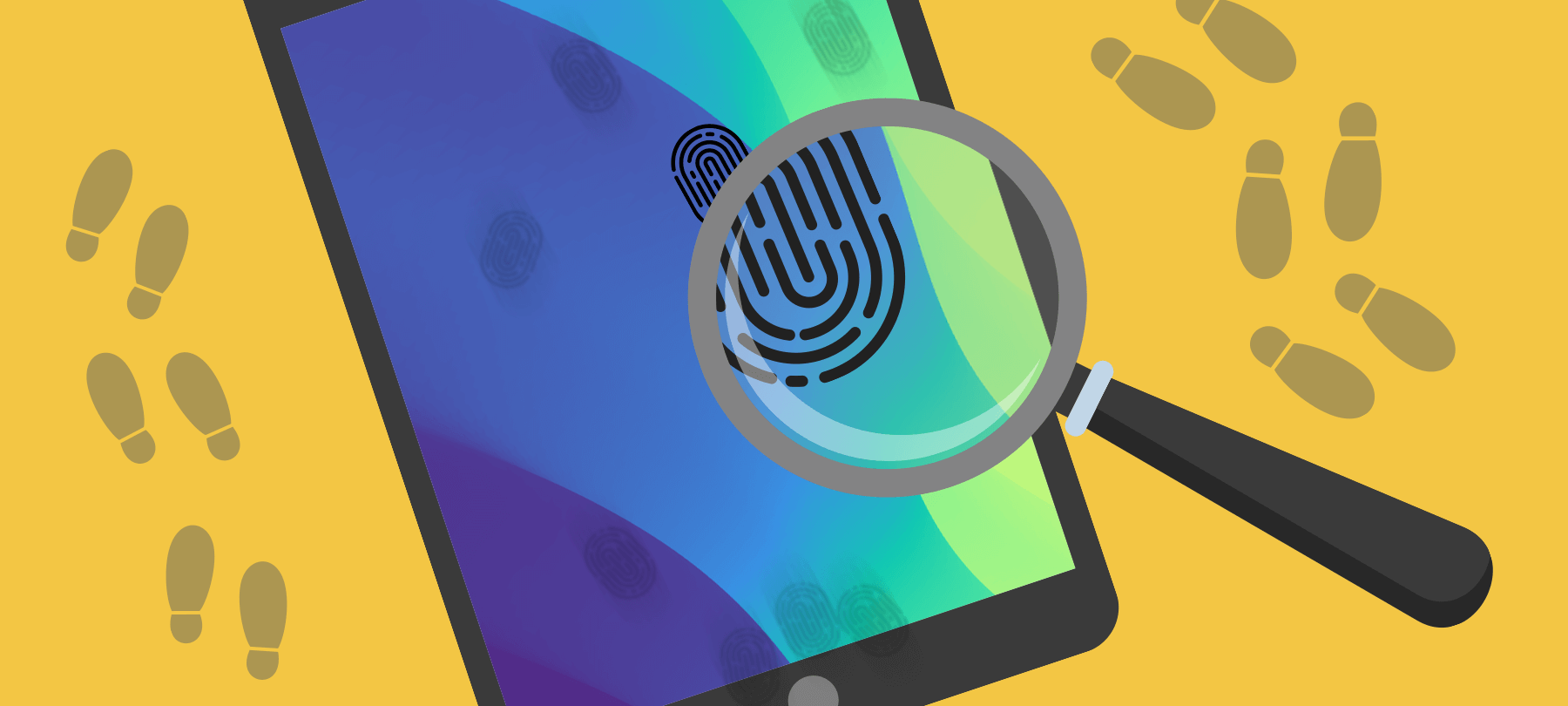
Digital Privacy and Relationships
From sneaking a peek at a partner’s texts to logging into their Facebook account while they’re sleeping, people will go to surprising lengths to see what their significant others are doing online.
We won’t go into the ethical implications of spying on a spouse or partner, and we won’t attempt to give advice about how to deal with trust issues in a relationship (questions better left to ethicists and couples counselors).
Instead, we’ll take a look at some of the most common ways that people spy on their loved ones, and show you how to set up strong security and privacy practices so that you can remove those tempting opportunities to snoop before they become irresistible.
- 1
Browser History
If you share a computer with your partner, your search and web history will be visible to them. In addition, web form entries may be remembered as part of your browser’s autocomplete functionality, further compromising your privacy.
Recommendation: If you’re using the web to do something you’d rather keep completely private, use your web browser’s privacy mode—something like Safari’s Private Browsing or Chrome’s Incognito Mode—to keep your browser from recording your search history, website data, and form entries. You might also consider using a dedicated privacy tool and running it regularly to remove cached data and sensitive files from your system.
- 2
Passwords
If someone knows your passwords, or is able to guess them, then they can easily access your emails, social media accounts, and even your phone’s location history.
Recommendation: Create a strong, unique password for each account that you own, and never share your passwords with anyone else. Consider using a password manager like iCloud Keychain or 1Password to avoid having to write down or remember multiple passwords for all of your accounts. And if you want to add an extra layer of security, use two-factor authentication whenever possible.
- 3
Phone Lock
Unsecured mobile devices—or ones with screen lock passcodes like “123456”—put your privacy at risk. Advanced iOS features like Face ID offer more security, but even these can fail: For example, if you turn off the “Require Attention” setting for Face ID in an attempt to get your iPhone X to open more quickly, your device can be unlocked while you sleep!
Recommendation: If you’re using an iPhone X, double-check Settings > General > Accessibility to make sure your Face ID is set to Require Attention so that no one can unlock your phone when you’re sleeping. If you’re using an older model device, consider enabling Touch ID or, at the very least, using a strong passcode that only you know.
- 4
Keyloggers
Keyloggers, or keystroke loggers, are programs which covertly record every key you press on your keyboard. They’re used by cybercriminals to steal passwords and sensitive data, but can also be used by suspicious partners to monitor web activity or eavesdrop on personal conversations.
Recommendation: Keyloggers are by their very nature designed to be stealthy—so it won’t be immediately obvious if one is running on your system. Use a reliable, regularly updated third-party protection tool designed to detect known and newly discovered keylogging software.
- 5
Monitoring Software
There are a slew of apps built to track and monitor user activity and location, mostly aimed at moms and dads wanting to keep an eye on their children. We’ve already talked about (and warned against) the use of such software on the Checklist, but it’s also worth mentioning here as a privacy concern in the context of relationships.
Recommendation: As always, good security and privacy starts with making sure that you—and only you—have access to your devices. Don’t let anyone download software onto your mobile device or computer unless you know exactly what it does and where it comes from. If you’re using a macOS system, install a third-party detection tool that can find hidden monitoring programs and spyware.
There are lots of reasons people are tempted to spy on their significant others. Unfortunately, many of us open the door to this by making it too easy for others to invade our privacy. By putting strong security and privacy measures in place, we can make sure this sort of snooping is never even an option—allowing us to deal with relationship issues more constructively, and keeping us safer online in general.



